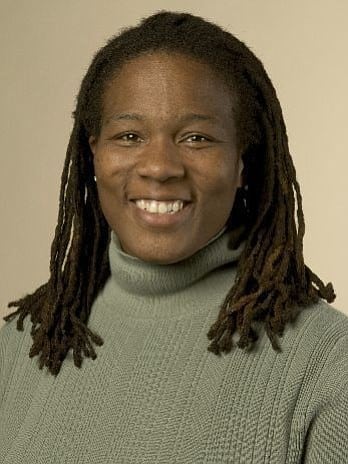Researcher says the disparity is more about quality of care than race
African-American patients are less likely than whites to survive colon cancer.
Now, researchers have found that the disparity has less to do with race than with the quality of care.
“Our study findings turn the way we think about health disparities on its head,” says lead author Kim Rhoads, M.D., assistant professor of colon and rectal surgery at Stanford and a Robert Wood Johnson Foundation Harold Amos Scholar.
The study, published in the Journal of Clinical Oncology, shows that when patients from under-represented groups receive colon cancer treatment within an integrated health system—one where the patient’s insurance, outpatient health services and hospital-based care are all accessed through a single organization—they are more likely to survive.
“This proves that rather than simply asking ourselves what’s wrong with the patient—Are they poor? Uninsured?—we need to ask ourselves whether we are providing the right quality of care,” Dr. Rhoads says.
Colon cancer is the third leading cause of cancer-related deaths in the United States, but blacks die at significantly higher rates than whites. After evaluating more than 30,000 patients diagnosed and treated for colon cancer, Dr. Rhoads and her co-authors discovered that all patients, including those from under-represented populations, had a better chance of survival when they were treated in integrated settings. In other words, quality of care was a bigger factor than race.
“We were surprised to discover that racial disparities in colon cancer survival were eliminated when patients were treated in integrated settings, but we were most excited to find that delivering evidence-based care could eliminate racial differences in all settings,” Dr. Rhoads says.
“This means that fixing colon cancer disparities is in our hands. We can improve outcomes for everyone and erase racial differences in colon cancer survival if we increase access to coordinated care and improve adherence to treatment guidelines.”
The Harold Amos Medical Faculty Development Program, a national program of the Robert Wood Johnson Foundation, works to increase the number of faculty from historically disadvantaged backgrounds who can achieve senior rank in academic medicine or dentistry, and who will encourage and foster the development of succeeding classes of such physicians and dentists. Go here for more information.






